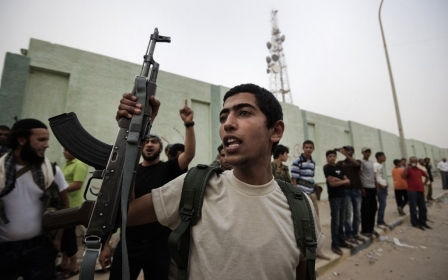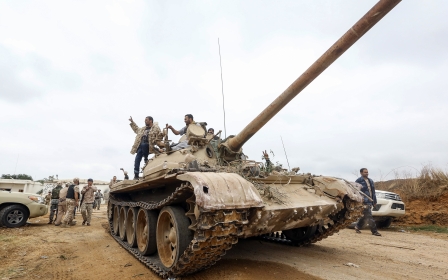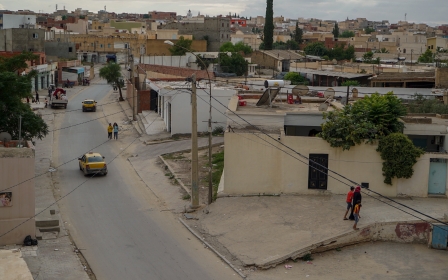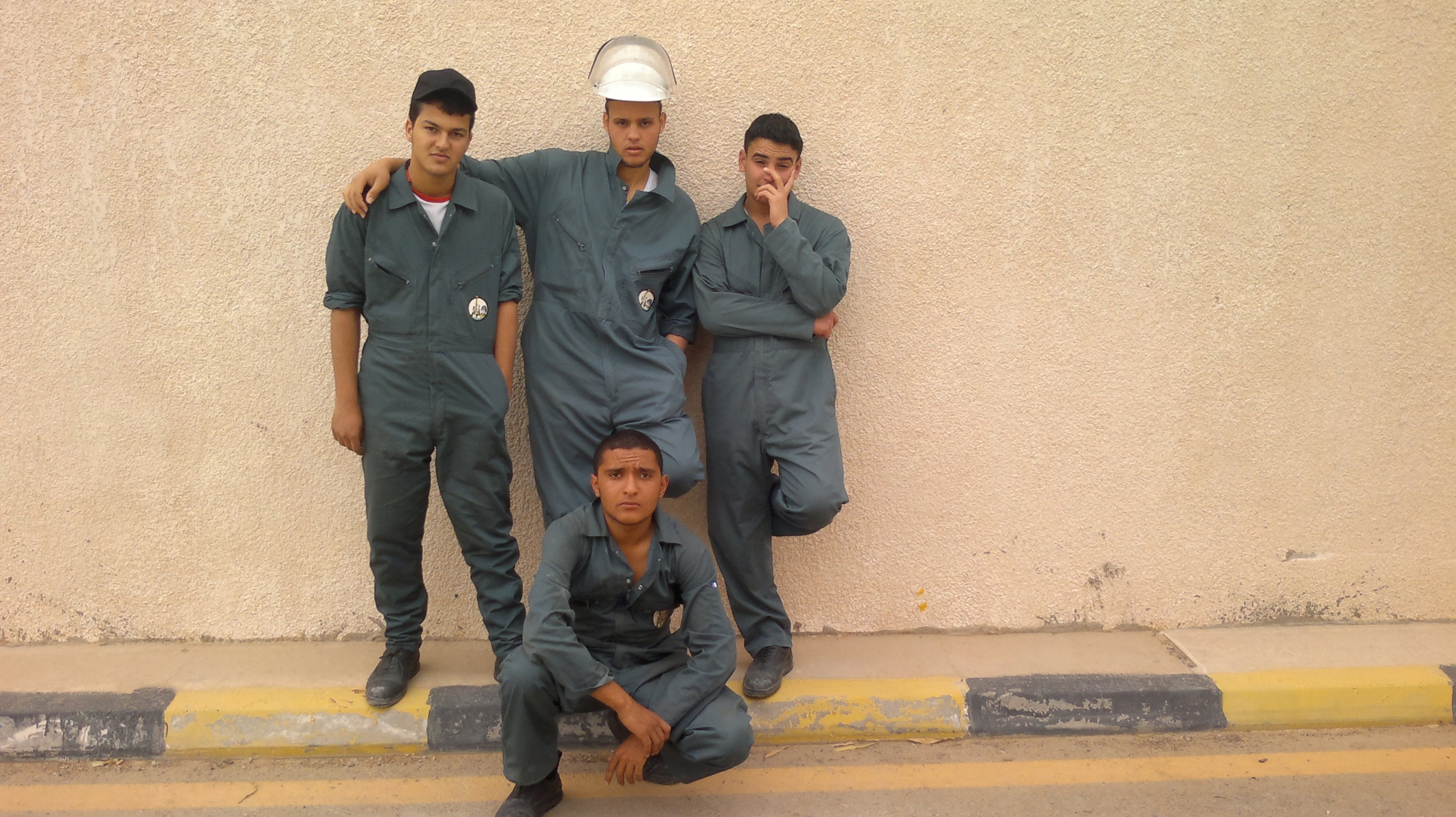
In pictures: The forgotten youth of Libya's oil-rich city
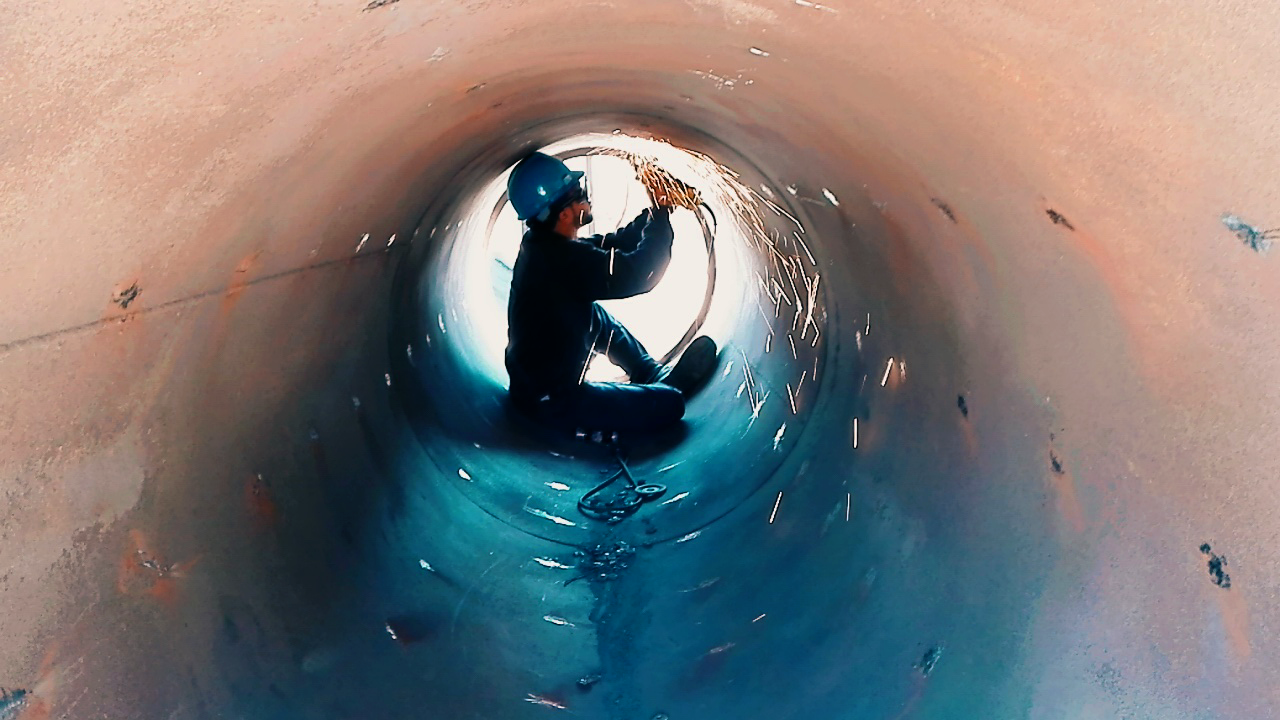
Oil is the lifeblood of Libya's economy, and the pipefitters working at the large refinery in Zawiya, to the west of Tripoli, know the value of their work. "Us pipefitters specialise in the construction and engineering of high pressure systems, making our work essential to the distribution of resources here in Zawiya," Ali Khalifa, a pipefitter and photographer, says. The 24-year-old was born into a farming family in Ber Terfas, a suburb of Zawiya. Since 2014, he has been working full-time as a pipefitter at the refinery (all images MEE/Ali Khalifa)
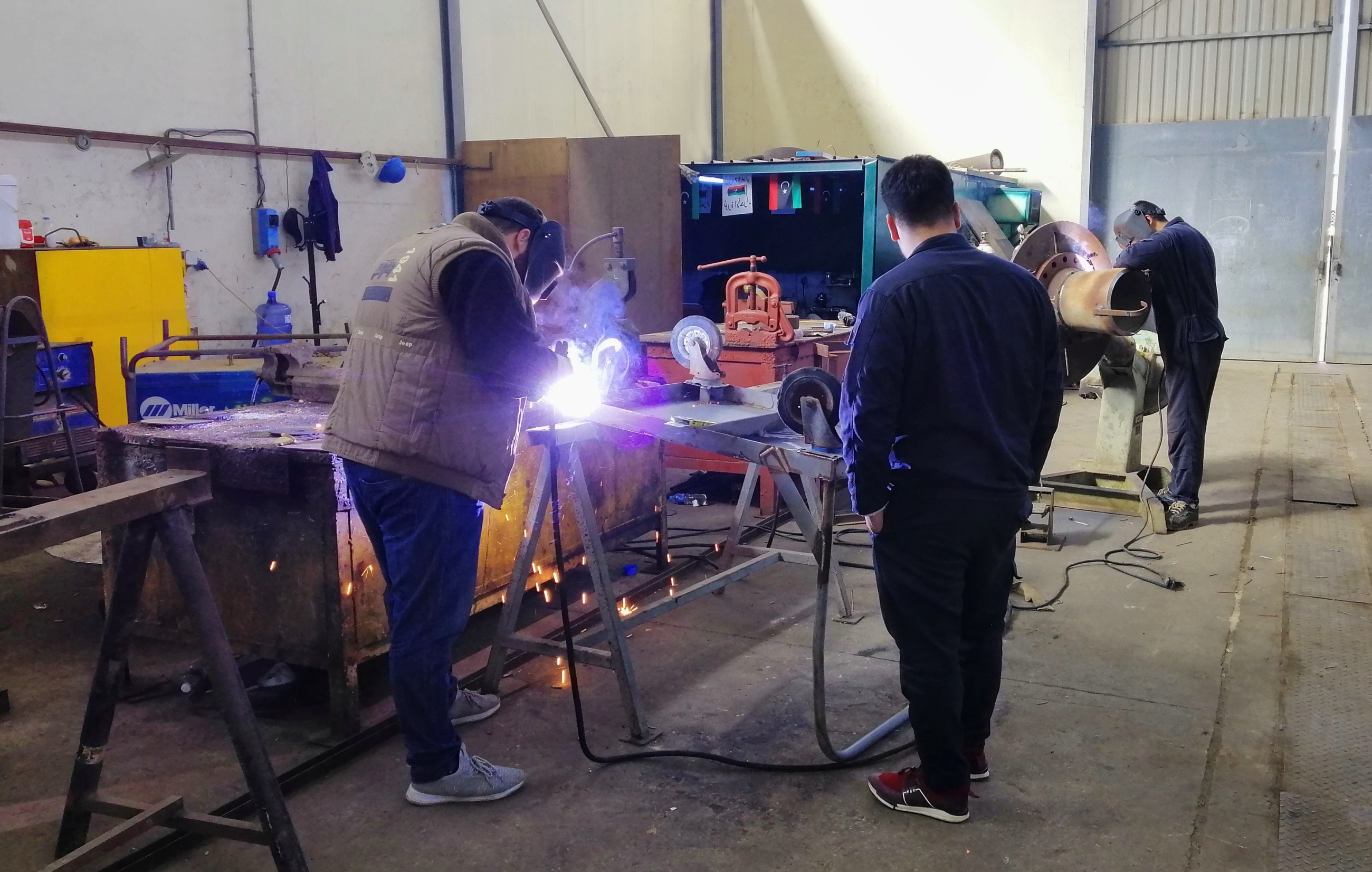
The Zawiya refinery has been the city's economic hub since its construction in 1974. It became a strategic battleground in the 2011 civil war between pro-Gaddafi and rebel forces. Since then, its facilities have fallen into the hands of various armed groups. Libya itself has been divided since 2014 into rival military and political camps based in the capital Tripoli and the east. "The most common question you encounter in Zawiya is ‘what tribe are you from?’" says Khalifa.
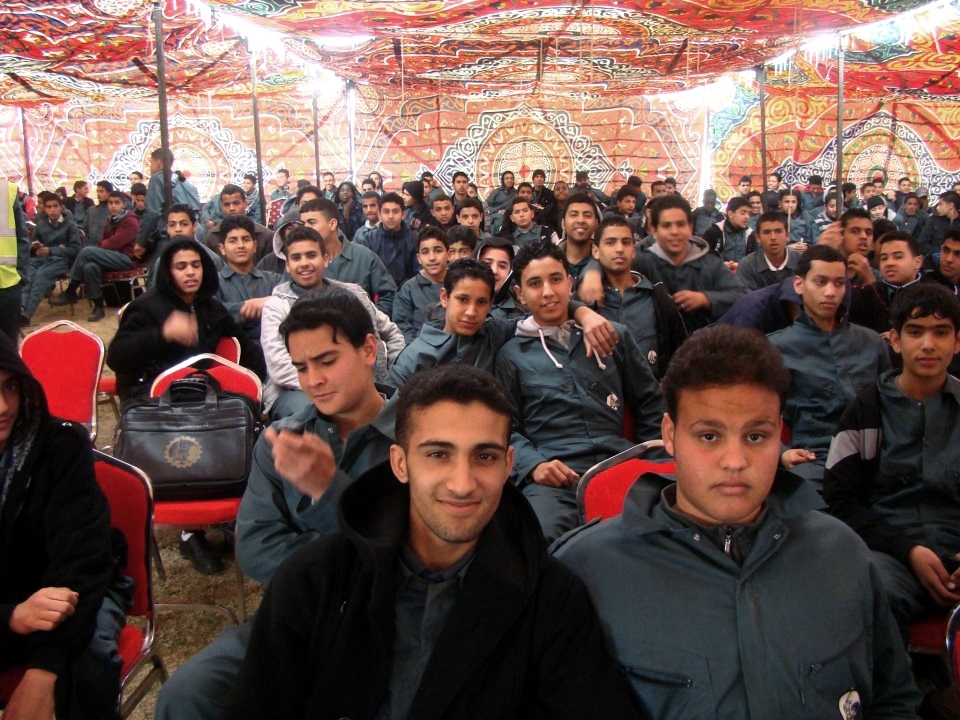
A group of young trainees at the plant recently celebrated their graduation ceremony, but opportunities are not as they once were. "It is extremely frustrating for young Libyans in Zawiya," says Khalifa. "Once-steady professions, such as blacksmithing, carpentry, or agriculture, no longer provide a sufficient income. The region continues to experience cuts in gasoline and electricity, ATMs and banks are often empty, even the power plant collapses sometimes."
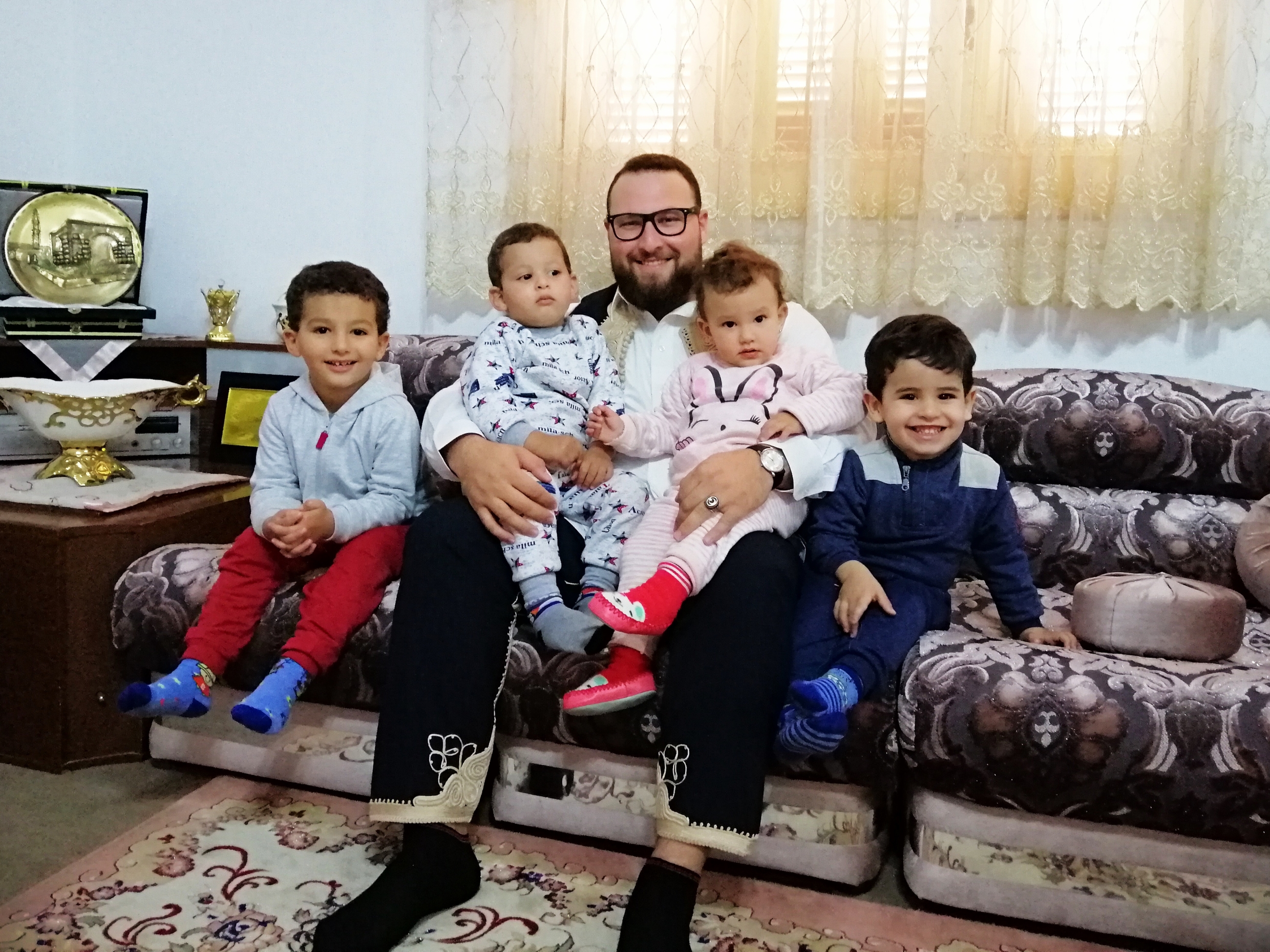
One of Khalifa’s closest friends, Abdul Hamid Ali Bin Isa, known as Abdo, used to commute from Zawiya to the southern oil fields in Ubari on a 170-kilometre detour along the slightly safer mountain route to the south. This was then followed by a three-hour flight from Tripoli’s main airport. He now works with Khalifa at the oil refinery.
Many others, less fortunate than Abdo, who have struggled to hold down any sort of employment, have joined armed groups or attempted to cross the Mediterranean, Khalifa says.
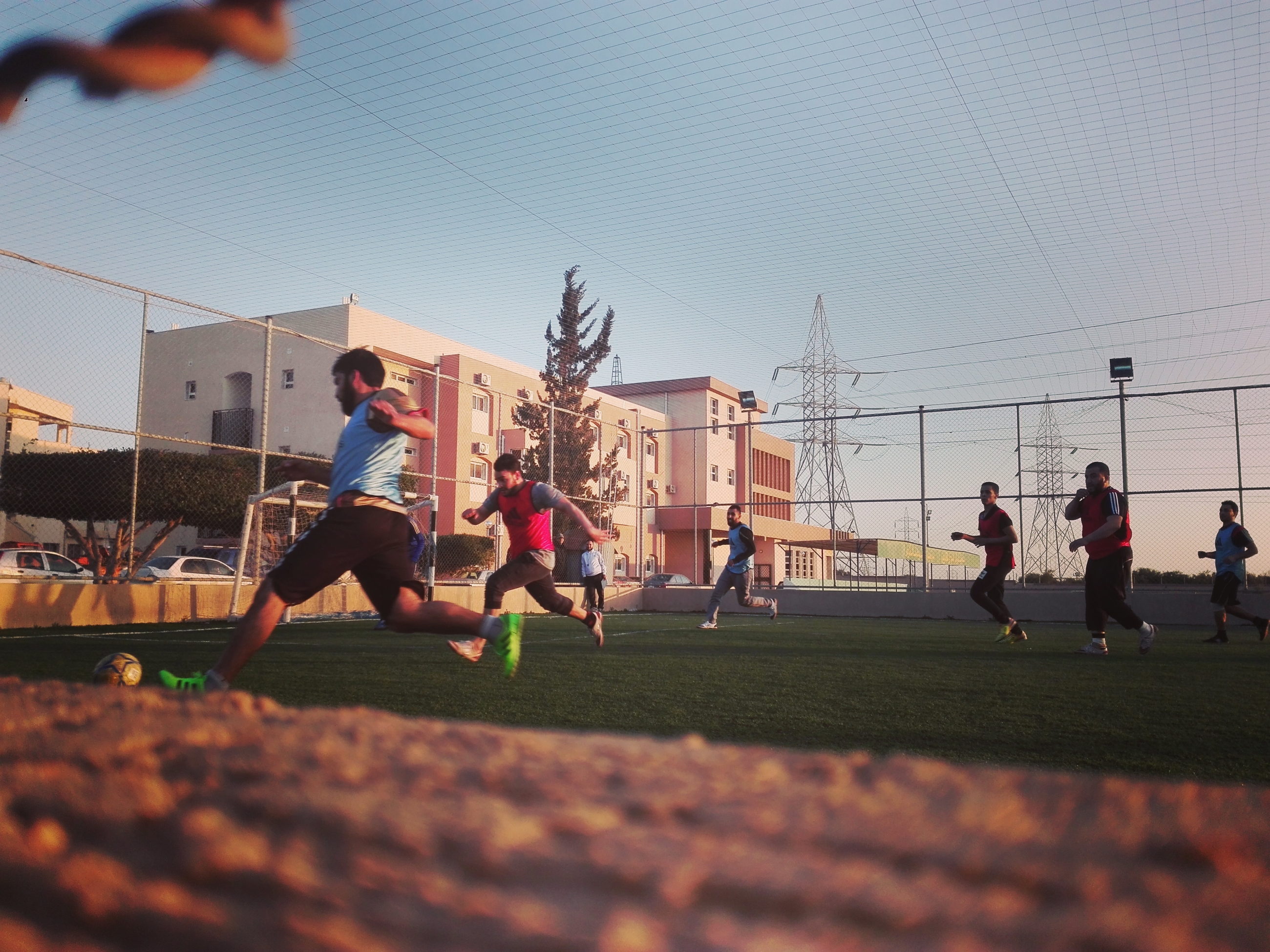
This is one of the city's only maintained football pitches. "Young people here don't really have much of a social life," Khalifa says. "Zawiya is not like Tripoli. In the capital there are things for young people to do, places where you can go and meet your sweetheart, for example... Of course the city has many cafes. Yamen cafe and Panorama cafe are very popular. But beyond that there is nothing."
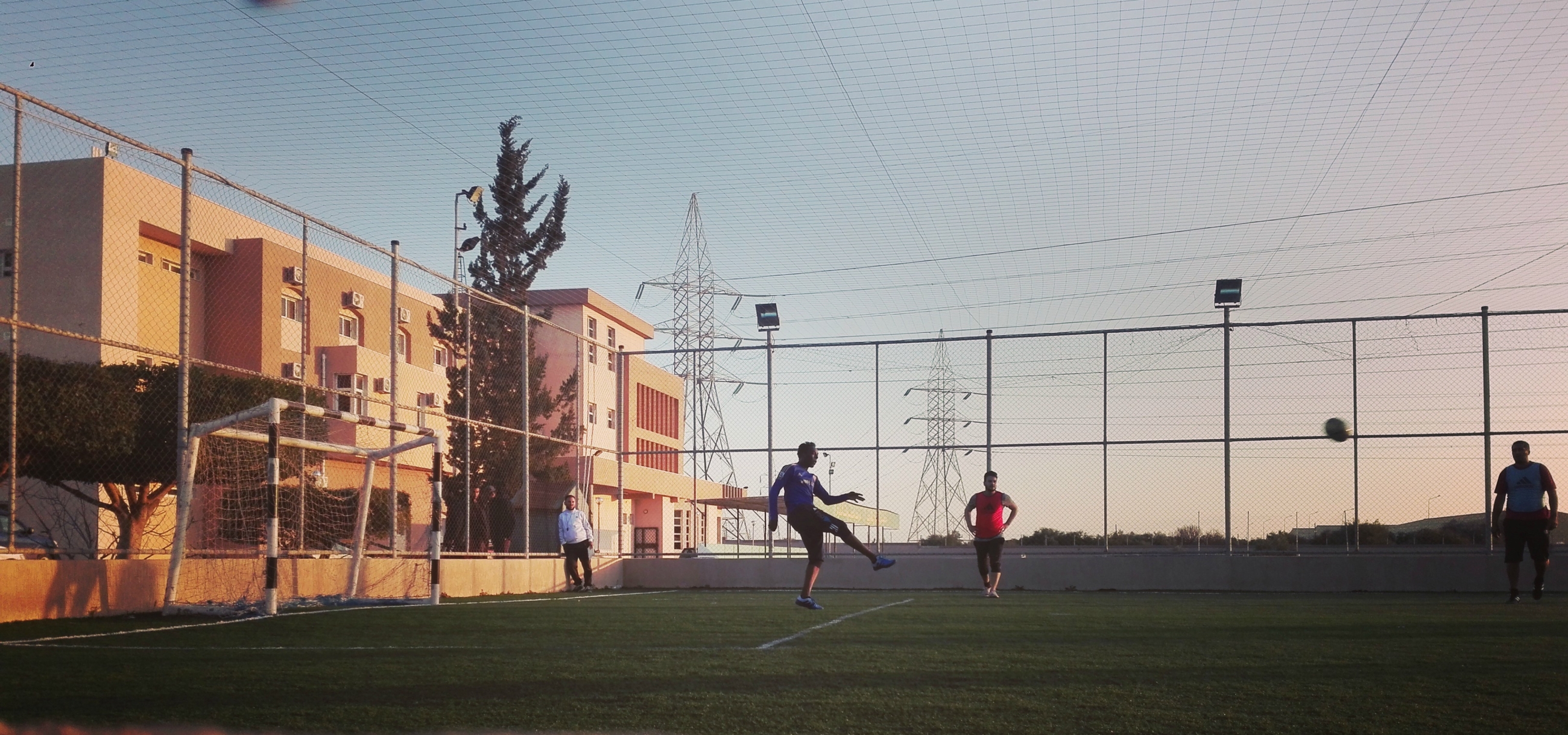
There is little escape from the wider political crisis that engulfs the country. Recent air strikes narrowly missed the site of the refinery. Further attacks could put both the refinery's and Khalifa's futures at stake.
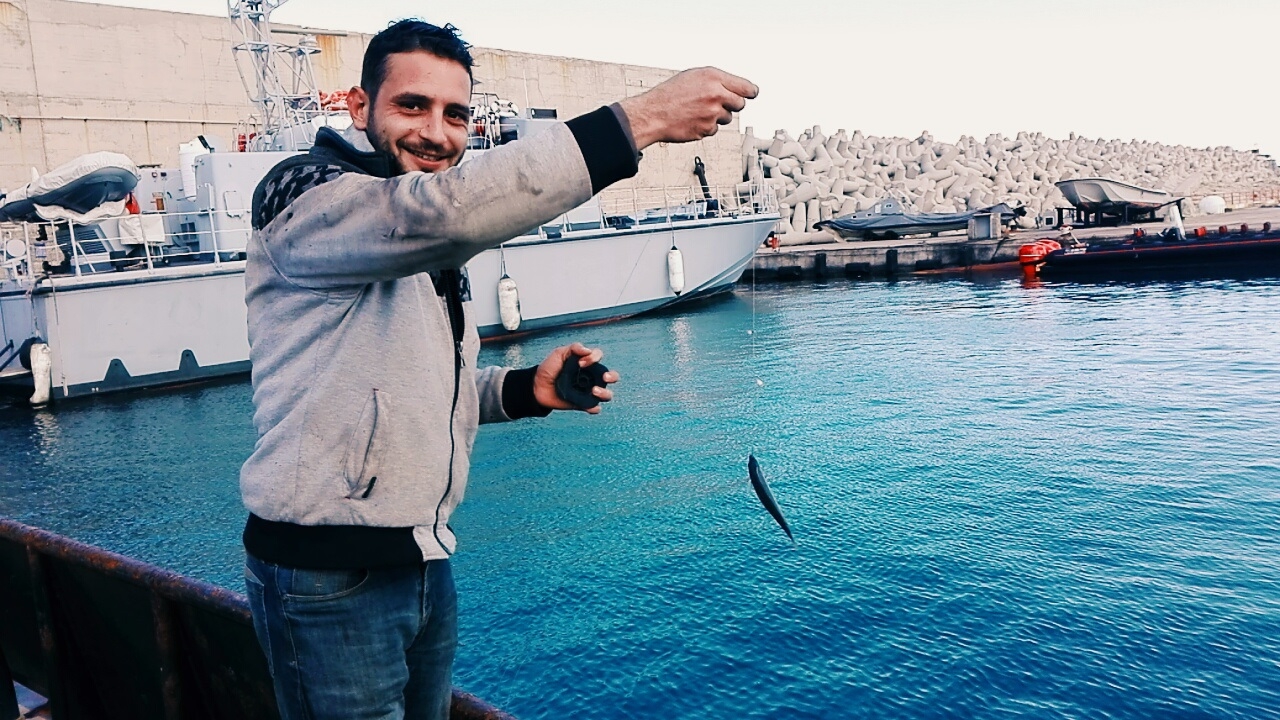
In his time off, Khalifa goes down to the docks for some fishing with friends. Riyad, a former contractor who worked alongside Ali for a short period, features in many of Ali’s photographs although he says he never got to know his surname.
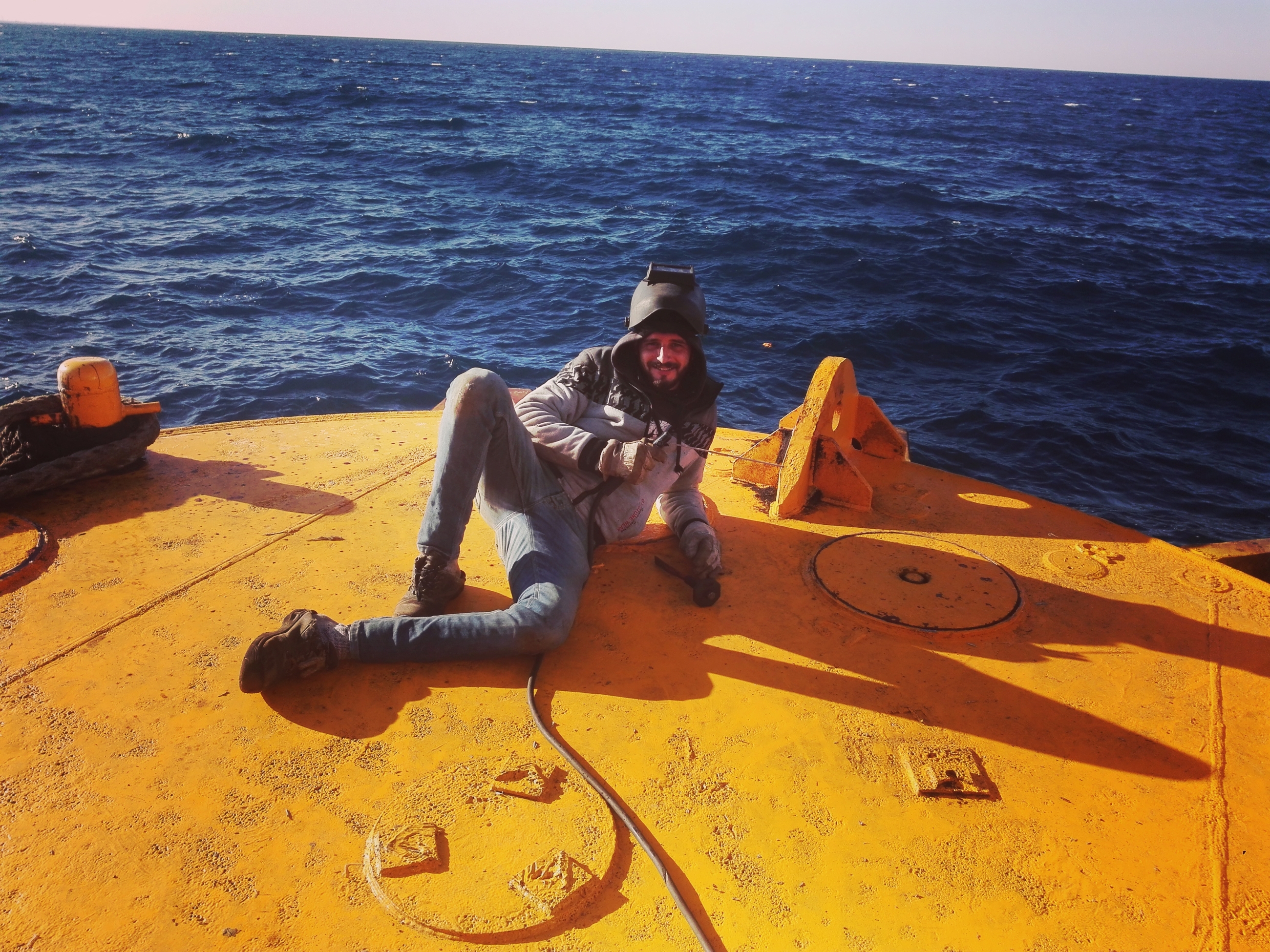
"In reality I am one of the lucky few," Khalifa says. "I graduated from middle school in 2011 and found a stable job with a decent salary. I'm not one of your average welders, like Riyad (pictured here with his back to the Mediterranean), who comes and goes on part-time contracts."
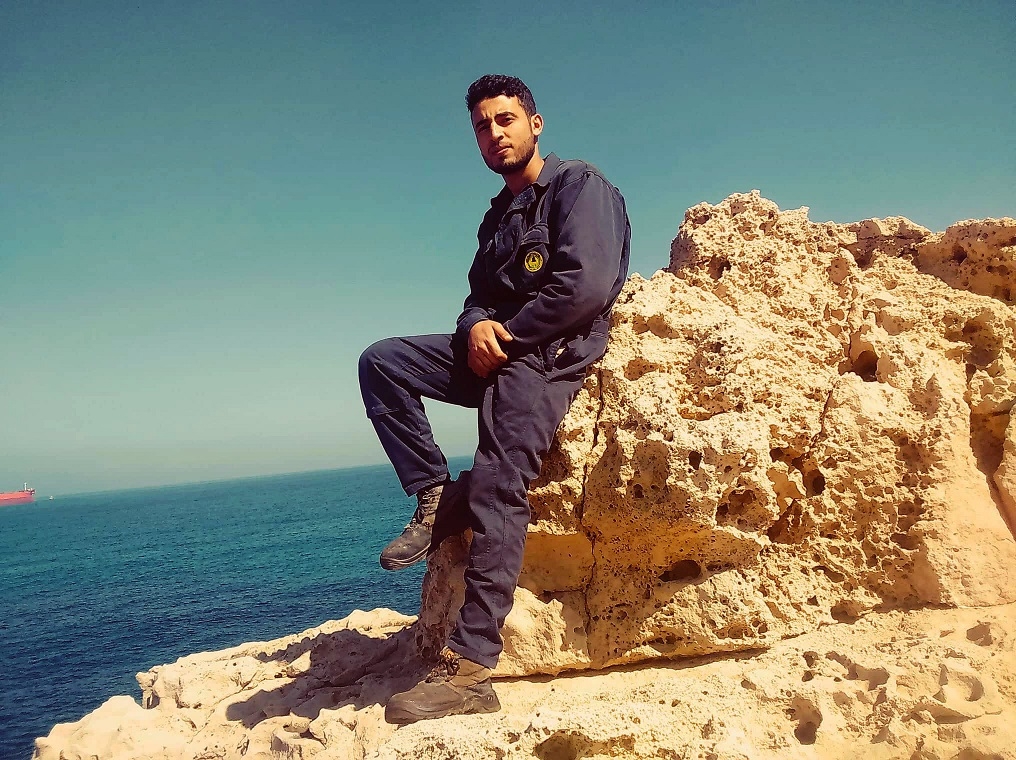
Khalifa says work consumes most of his time during the week, although he sees his friends occasionally for barbecues and embakebka, a traditional Libyan pasta dish. "For the most part, I enjoy solitary activities such as drawing, reading science books, and playing video games."
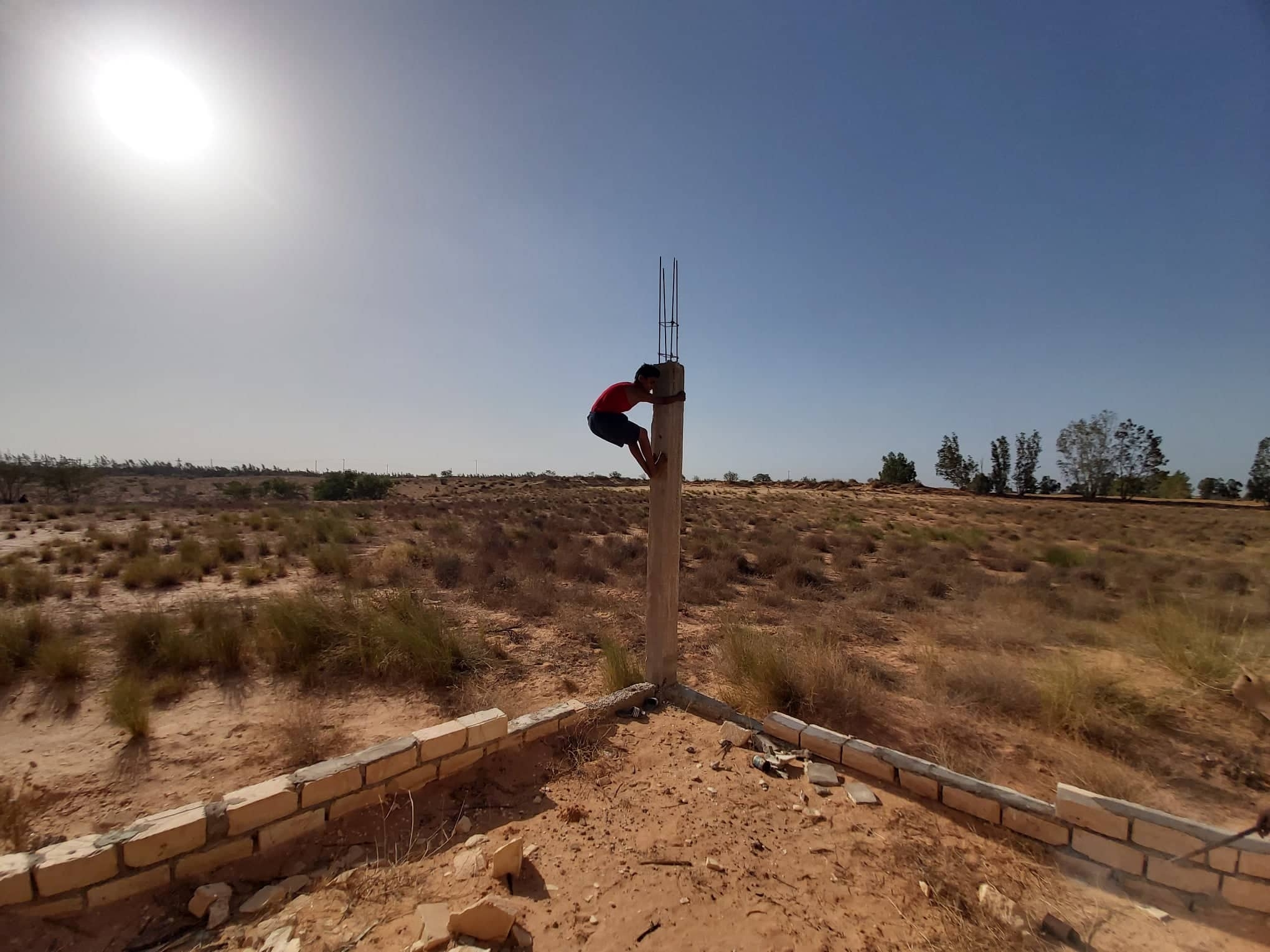
One of Khalifa’s younger cousins plays in the family farm just south of Zawiya. "For years I wanted to flee Libya and move to the US. But recently I've had a change of mindset, and now I want to stay and help bring about stability. Besides, I need to help take care of my family."
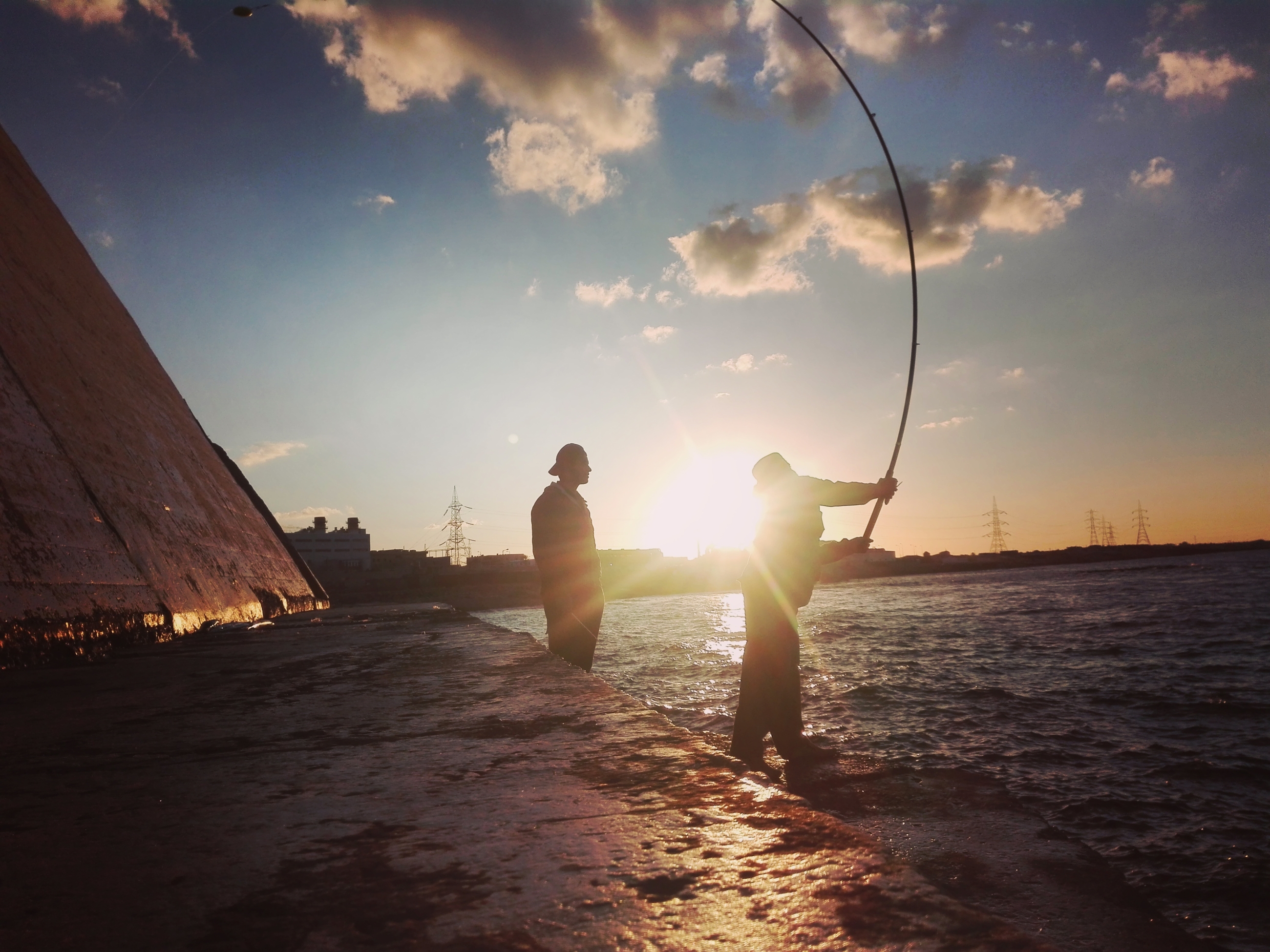
Two men fish at the shoreline next to the refinery at sunset. "In the summer the coastline is full of people, both young and old," Khalifa says. "Al Motred beach and Jod De’am beach are particularly popular locations. People come in search of the cool breeze but also because there is little else to do."
This article is available in French on Middle East Eye French edition.
Middle East Eye propose une couverture et une analyse indépendantes et incomparables du Moyen-Orient, de l’Afrique du Nord et d’autres régions du monde. Pour en savoir plus sur la reprise de ce contenu et les frais qui s’appliquent, veuillez remplir ce formulaire [en anglais]. Pour en savoir plus sur MEE, cliquez ici [en anglais].


